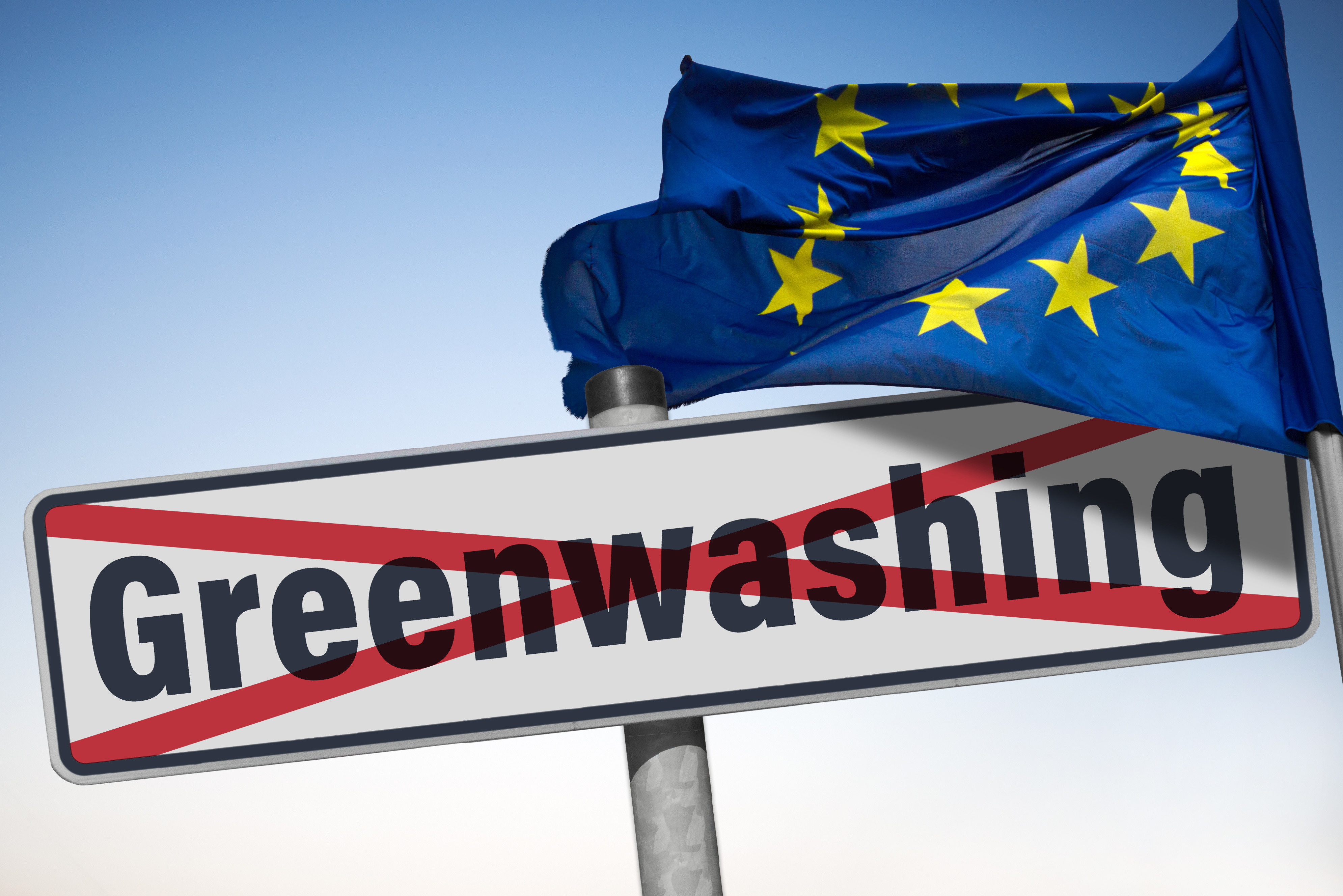Moves by the pan-European regulator EIOPA to clampdown on misleading claims by insurers and pension funds about the green credentials of products and investments have provoked a robust push back from insurers.
The European Insurance and Occupational Pensions Authority (EIOPA) has been consulting on potential new rules on sustainability and greenwashing. This week the insurers’ trade body, Insurance Europe, responded with some pointed criticisms of the proposals, writes Contributing Editor David Worsfold.
EIOPA says it is aiming “to pave the way for a more effective and harmonized supervision of sustainability claims across Europe and thereby limit the risk of greenwashing in the insurance and occupational pensions sectors”.
It highlights the growing numbers of consumers wanting to know more about the sustainability credentials of their investments. It fears that the risk of greenwashing will undermine trust in the sector:
“Conscious of the risks and impacts of greenwashing, several competent authorities have started to integrate the monitoring of sustainability claims and the risk of greenwashing in their supervisory activities. Through competent authorities’ activities, and its own market monitoring activities, EIOPA noticed an increasing number of potential cases of greenwashing. Examples include difficulties in accessing sustainability-related regulatory disclosure at product level, inconsistencies at entity-level between sustainability-related commitments made and other disclosures, unsubstantiated use of green terms in product names or product disclosures, use of sustainability-related visuals to promote products without substantiation”, says the EIOPA report.
In response it has set out four principles that should be observed when providers make sustainability claims:
- Principle 1: Sustainability claims made by a provider should be accurate, precise, and consistent with the provider’s overall profile and business model, or the profile of its product(s).
- Principle 2: Sustainability claims should be kept up to date, and any changes should be disclosed in a timely manner and with a clear rationale.
- Principle 3: Sustainability claims should be substantiated with clear reasoning and facts.
- Principle 4: Sustainability claims and their substantiation should be accessible by the targeted stakeholders.
Insurance Europe welcomed the prospect of greater consistency:
“There is a strong need for supervisory convergence and legal certainty in understanding what sustainability claims are and how they can be misleading. Insurers are now confronted with different approaches amongst Member States and at regulatory levels ... Providing a common understanding of sustainability claims is essential to help competent authorities tackle greenwashing practices, and to ensure both consumers’ protection and legal certainty for insurance providers”.
However, the trade body is worried that too much is being asked of its members in a very fluid field and wants the focus of any new rules narrowed in scope:
“The qualification of misleading claims should only be considered in the context of a commercial relationship that may lead to distorted economic behaviours of consumers. As such, a sustainability claim should only be qualified as misleading if it has been used as a selling point or as a means to gain a competitive advantage – in this respect, the notion of intentionality must be taken into account when considering greenwashing principles. Indeed, the European legislative framework must not discourage stakeholders to openly discuss their wider sustainability priorities and certain activities that could fall under the scope of sustainability claims. Stakeholders should not have to restrain from engaging in thought leadership, which can help facilitate positive market development, out of concern over potential regulatory scrutiny under certain rules.”
It also wants proposals that sustainability claims should be updated in a prompt and timely manner reduced to a requirements to review them annually.
The limited availability of sustainability-related data is, says Insurance Europe, another major obstacle to offering products with clear and robust environmental objectives:
“We would like to stress the fact that understanding sustainability topics is a work in progress for stakeholders. Sustainability-related information and data are still maturing to be as accurate as possible. “
Consultation on the EIOPA proposals has now closed and any new rules are unlikely to be formally proposed until after the European Parliament elections in June, and possibly the subsequent appointment of a new European Commission in the autumn.
The proposed EU regime goes further than the new Sustainability disclosure and labelling regime introduced by the Financial Conduct Authority which is being rolled out progressively from the end of May this year. Its key features are:
- An anti-greenwashing rule that applies to all FCA-authorised firms who make sustainability-related claims about products and services.
- Investment labels, disclosure and naming and marketing rules that apply to UK asset managers.
- Targeted rules that apply to distributors of investment products to retail investors in the UK.
A set of tougher EU rules could prompt UK regulators to review their rules as they will want to avoid regulatory arbitrage with firms looking for a more relaxed regime. This could conflict with the current UK government’s focus on competitiveness in the financial services sector and promoting the UK as an easier place to do business.

